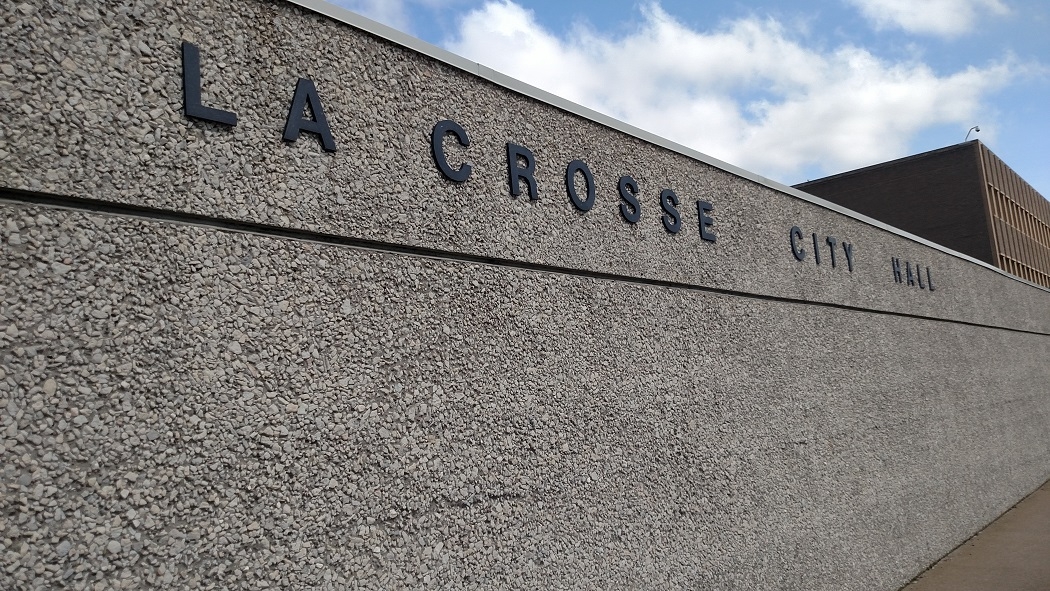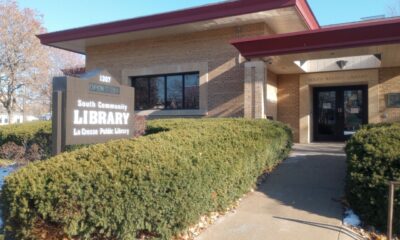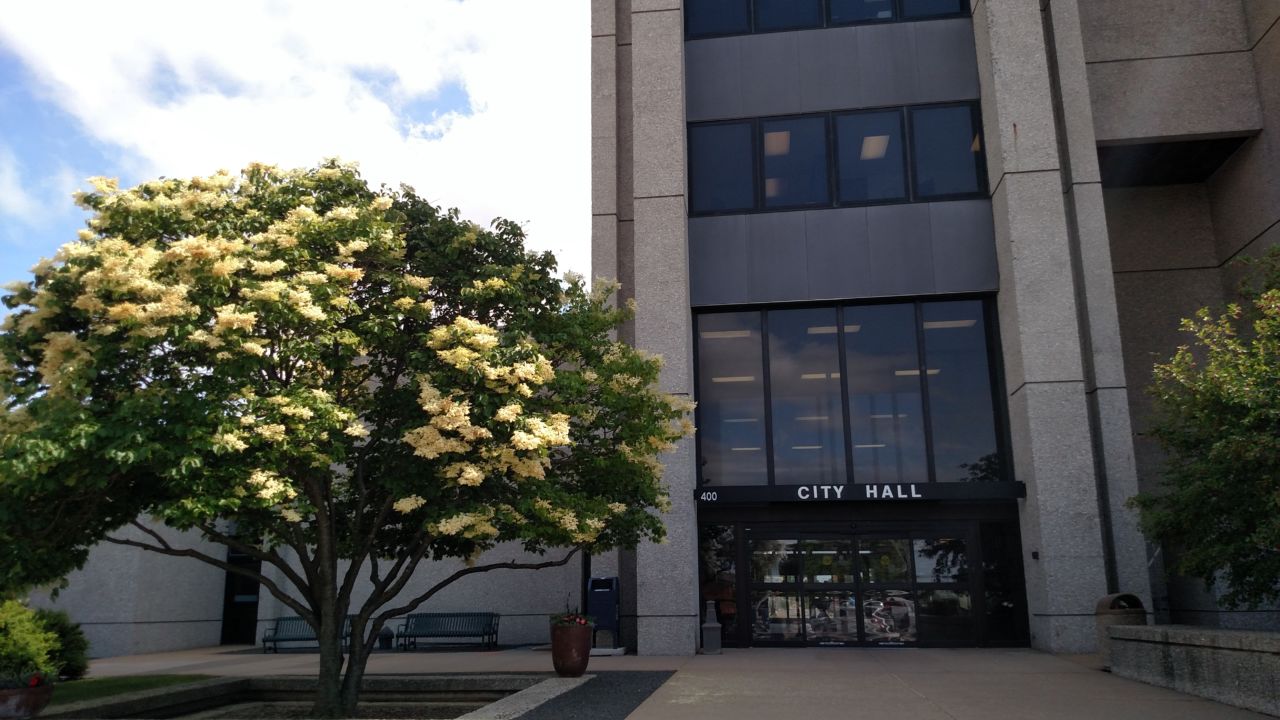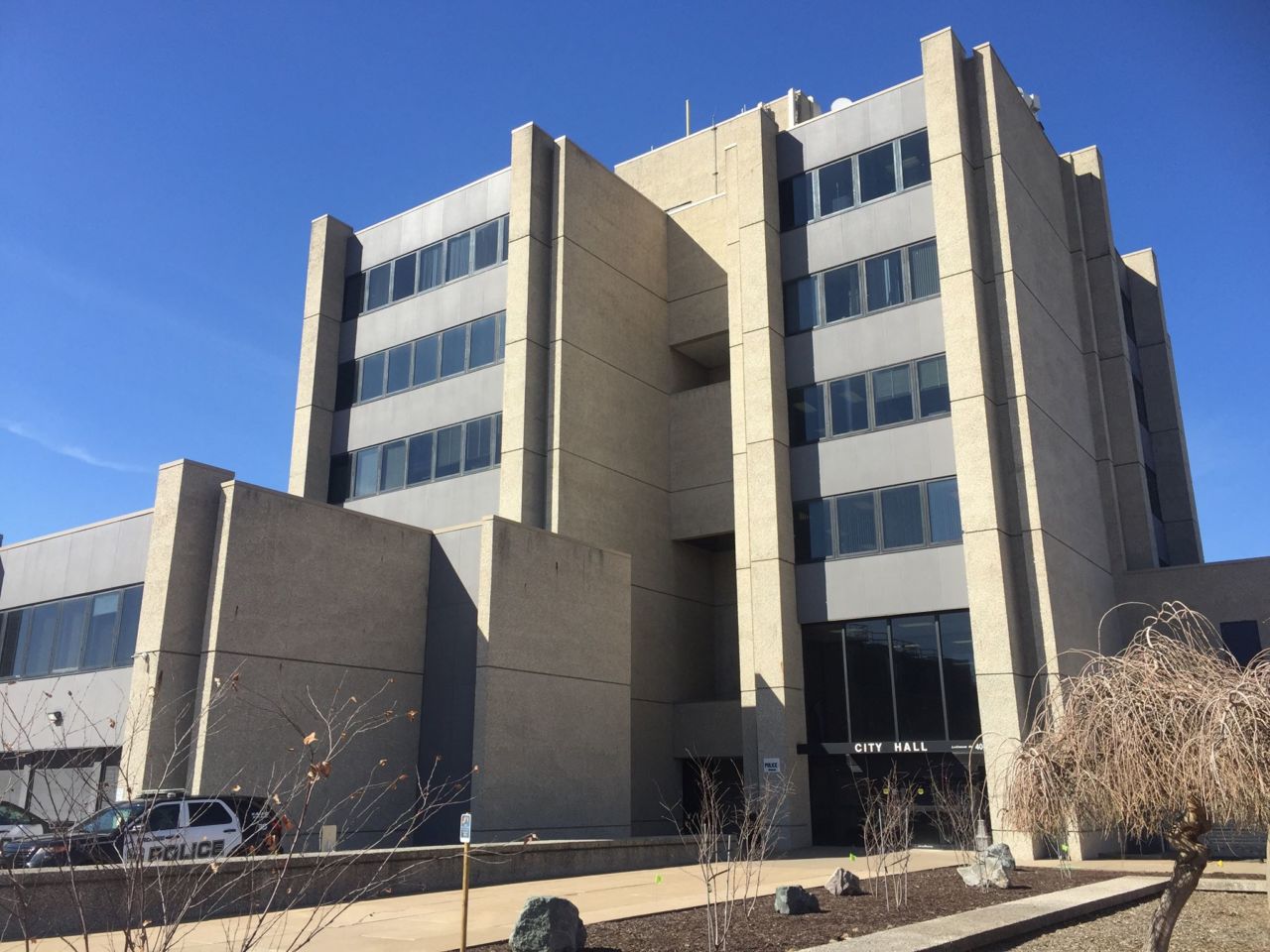Elections
Dickinson, Kahlow only La Crosse city council candidates to answer housing questions from Habitat for Humanity

Only two La Crosse city council candidates — both in contested races — answered four questions on housing from Habitat For Humanity La Crosse Area.

Habitat partnered with the Housing Advocacy Committee, and put out a questionaire for the council candidates on the ballot for the spring election cycle that ends April 4.
Habitat invited all candidates on the ballot, including incumbents and those running unopposed, to share their views on important local housing concerns.
The only ones to respond were Tamara Dickinson and Chris Kahlow. Dickinson is running for an open seat in District 1 against Zach Harter. Kahlow’s District 6 seat is uncontested.
There are races in six city council districts, but only two of those are contested. Along with Harter and Randall not responding, candidates Erin Goggin and Michael Davis in District 2’s contested race also didn’t provide answers to Habitat.
Candidates in the other uncontested races, who didn’t provide answers, include council president Barb Janssen in District 3, Larry Sleznikow in District 4 and Jenasea Hameister in District 5.
The four questions asked about the production of affordable housing units in La Crosse, mitigation of homelessness, efforts to address racial disparities in housing, creation of higher density opportunities in housing development and improving access to safe and affordable rental housing. The questions can be viewed below.
Answers from Dickinson and Kahlow can be seen by clicking here. More info from the Housing Advocacy can be seen here.
Habitat says all eight candidates were contacted via phone and/or email.
In the City of La Crosse, 36% of households pay more than one-third of their income on housing, Habitat stated. In the last several months, the median home sale price in La Crosse ranged from $230,000-$250,000.
Habitat added that the lack of access to affordable housing spurred the creation of the Housing Advocacy Committee in 2019. The committee is a grassroots collaboration of local stakeholders concerned with safe and affordable housing. Led by Habitat staff, the committee is working on bringing attention to the community challenges regarding housing, from homelessness to tenant rights to access to homeownership, through education, outreach, and advocating for legislation and policy changes addressing these challenges at the state and local level.
Habitat also said its staff, as well as members of the Housing Advocacy Committee, are eager to get to work with new council members and continue working toward a city where everyone has access to safe, affordable housing. Habitat encourages community members to make a plan to vote on April 4th.
Here were the four questions asked:
- One in eight Wisconsin households spend more than half their income on housing. There is a shortage of over 52,000 homes relative to demand in Wisconsin, and only 6% of homes on the market are entry-level — down from 34% in 1980. The underproduction of housing and shortage of entry-level homes are driving up unaffordability and impending efforts to close racial and ethnic gaps in homeownership. What will you do to address housing affordability issues and what would you do to encourage the production of more affordable homes for these families in La Crosse?
- According to Couleecap, more than 250 people in La Crosse are homeless. When people are are experiencing homelessness and are in survival mode, life expectancy can drop 20 to 30 years. What will you do to mitigate homelessness in La Crosse?
- Being denied where to live because of race, family status or disability is illegal discrimination. Wisconsin homeownership among Black Americans is the third lowest in the nation. The Black-white homeownership gap in Wisconsin is 47 percentage points. Discriminatory housing and lending policies of the past, income inequality and lack of generational wealth are contributing factors. What meaningful steps will you take to address the root problems of racial disparities in housing?
- As a community that is bordered on one side by the river and the other side by the bluffs, and as one that has an aging housing/rental stock, many families seek more affordable and better housing outside the boundaries of La Crosse and take their tax dollars with them. What would you do about increase housing options and improve substandard rental properties in La Crosse? What do you see as the role of the Economic Development Committee regarding safe and affordable housing for La Crosse residents?
CORRECTION: It was previously written that the District 1 seat was a contested race.





